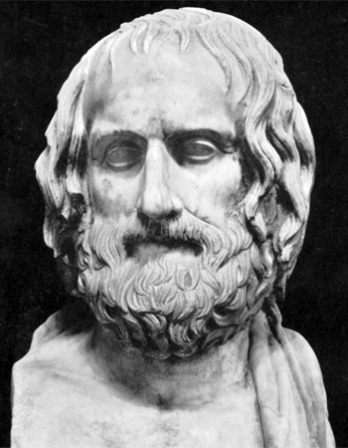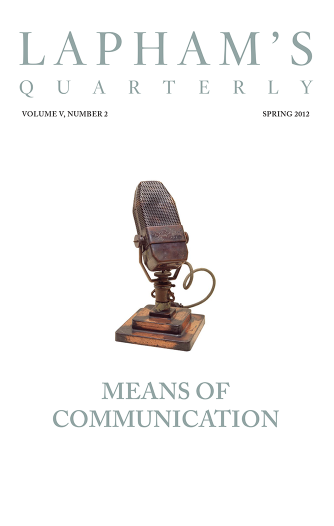In the first place, Athenians, if anyone views with confidence the present power of Philip and the extent of his dominions, if anyone imagines that all this imports no danger to our city and that you are not the object of his preparations, I must express my astonishment, and beg you all alike to listen to a brief statement of the considerations that have led me to form the opposite conclusion and to regard Philip as our enemy.
All his intrigues are directed against Athens. Observe: He wants to rule, and he has made up his mind that you, Athenians, and you only, are his rivals. He has long injured you—of nothing is he more conscious than of that. It is by holding the cities that are really yours that he retains safe possession of all the rest, and he feels that if he gave up Amphipolis and Potidaea, his own country would not be safe for him. He knows, then, these two facts—that he is intriguing against you and that you are aware of it. Assuming that you are intelligent, he thinks you are bound to hate him, and he is on the alert, expecting some blow to fall if you can seize an opportunity and if he cannot get in his blow first. That is why he is wide awake and ready to strike, and why he is courting certain people to the detriment of our city—Thebans, I mean, and those Peloponnesians who share their views. He imagines that their cupidity will lead them to accept the present situation, while their natural dullness will prevent them from foreseeing anything that may follow. Yet men of even moderate intelligence might perceive some clear indications, which I had occasion to point out to the Messenians and the Argives, and which may perhaps with advantage be repeated to you.
“Can you not imagine,” I said, addressing the Messenians, “how annoyed the Olynthians would have been to hear a word said against Philip in the days when he was handing over to them Anthemus, to which all the former kings of Macedonia laid claim, when he was making them a present of Potidaea, expelling the Athenian settlers, and when he had taken upon himself the responsibility of a quarrel with us and had given them the territory of Potidaea for their own use? Do you imagine they expected to be treated as they have been, or would have believed anyone who suggested it? Nevertheless,” I said, “after a brief enjoyment of other men’s territory, they have long been robbed by Philip of their own, expelled with contumely, not merely vanquished but betrayed, bought and sold by their own countrymen. For truly such close communications with tyranny corrupt good constitutions. And what of the Thessalians? Do you imagine,” I said, “that when he was expelling their despots, or again when he was presenting them with Nicaea and Magnesia, they ever dreamed that a Council of Ten would be established among them, as it is today, or that the same man who restored to them the amphictyonic meeting at Thermopylae would also appropriate their own peculiar revenues? Impossible! But so it came to pass, as all men may know. You,” I said, “gaze with wonder at Philip as he gives away this and promises that, but if you are truly wise, pray that you may never find that he has deceived and cheated you. Truly,” I said, “there are manifold means devised by states for protection and safety—stockades, ramparts, fosses, and the like. And all these are wrought by hand and entail expense. But there is one common bulwark that the instinct of sensible men possesses within itself, a good and safe one for all, but invaluable for democracies against tyrants. And what is that bulwark? It is mistrust. Guard that; hold fast to that. If you preserve it, no harm can touch you. What is your object?” I said. “Freedom. Do you not, then, see that Philip’s very titles are utterly irreconcilable with that? For every king, every despot is the sworn foe of freedom and of law. Beware,” I said, “lest, seeking to be rid of war, you find a master.”
From the Second Philippic. Demosthenes’ career as an orator began soon after he came of age, when he is believed to have sued his guardians for misappropriating the estate left to him after the early death of his parents. After winning his case in court, he worked as a speechwriter and later as a prosecutor’s assistant; around 350 bc he began addressing the assembly at Athens about the Macedonian king Philip II’s plan to conquer Greece, proposing that Athens strengthen its armies. His advice went unheeded, and Athens fell to Philip II in 338 bc at the Battle of Chaeronea.
Back to Issue





